Education & Outreach
A main focus of Emergency Planning and Community Right-to-Know is to make information available to the public and promote participation in emergency planning. A variety of information is available.
Facility and Chemical Information
The Federal Emergency Planning and Community Right-to-Know Act (EPCRA) was passed by the United States Congress in 1986. In 1991, the State of Delaware passed it’s own Emergency Planning and Community Right-to-Know Act which built upon the federal requirements and created a funding mechanism for emergency planning activities. These laws established a series of reporting requirements impacting facilities ranging from large industrial sites to small businesses. Facilities can be required to report a variety of information, ranging from chemicals used and stored at the site, to chemicals released to the environment.
Except for a limited number of data elements which have the potential to be claimed confidential, information contained in these reports from facilities is publicly available. Use the data and Information page to access facility and chemical information and public data sets. Use the reports and Documents link to find public reports, such as the annual Toxics Release Inventory report.
Emergency Response Plans
Under EPCRA, each Local Emergency Planning Committee (LEPC) must prepare an emergency response plan for their district. The plan includes information such as potential chemical hazards, emergency response procedures, evacuation plans, and notification procedures. LEPC plans are available for public review.
Contact your local Emergency Planning Committee for more information.
Risk Management Plans
Although established under separate laws, federal and state Accidental Release Prevention requirements build upon the planning and preparedness foundation laid by EPCRA. The Accidental Release Prevention Program requires facilities that process, use, or store listed regulated substances to develop risk management programs and submit risk management plans. In developing risk management programs, facilities must perform a hazard assessment, establish a prevention program, and develop and implement an emergency response program. The extent to which each of these requirements must be met depends upon the program level(s) of the processes at a facility. All these activities must then be summarized in a risk management plan.
As with EPCRA information, risk management plans are available for public review. For information on accessing these plans, contact the Delaware Accidental Release Prevention Program.
Community Outreach
EPCRA Public Portal
The EPCRA Public Portal is an online tool designed to increase public awareness and knowledge of chemicals in Delaware communities. The Portal allows access to EPCRA data such as facility name and location, chemical name, and physical and health hazards.






